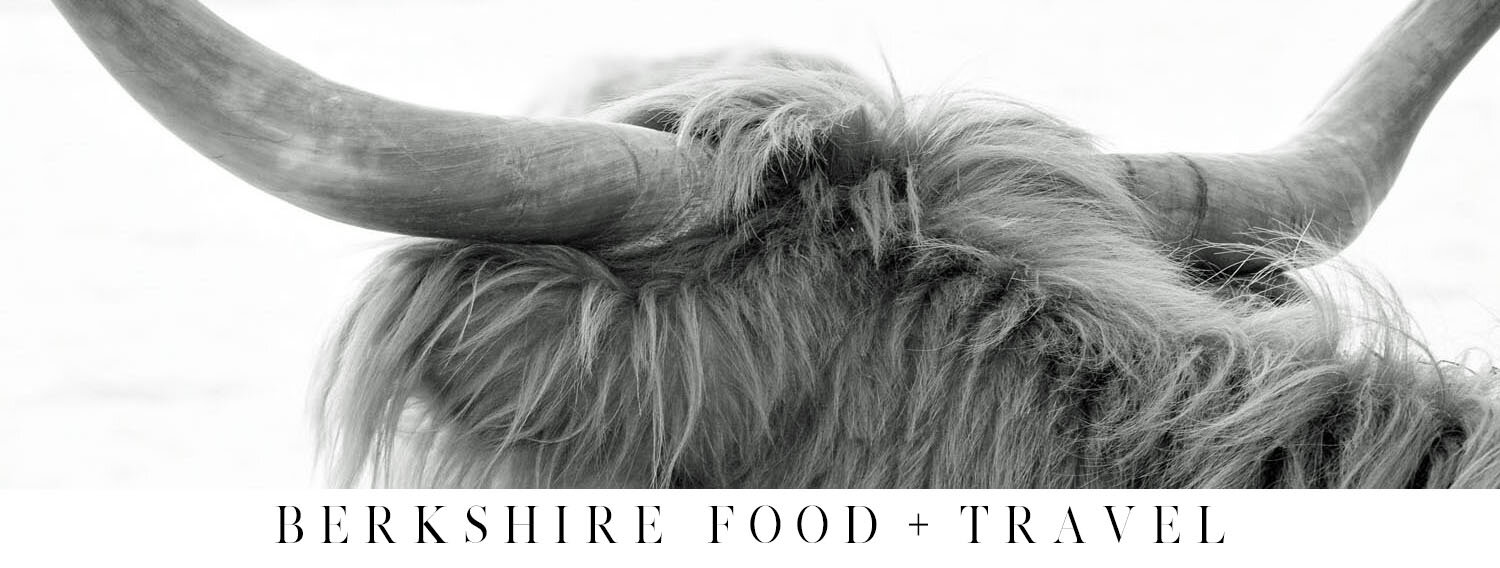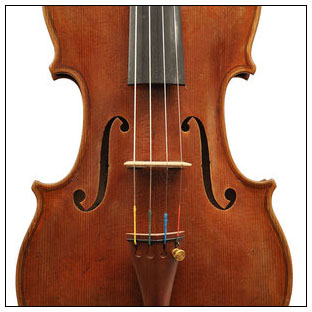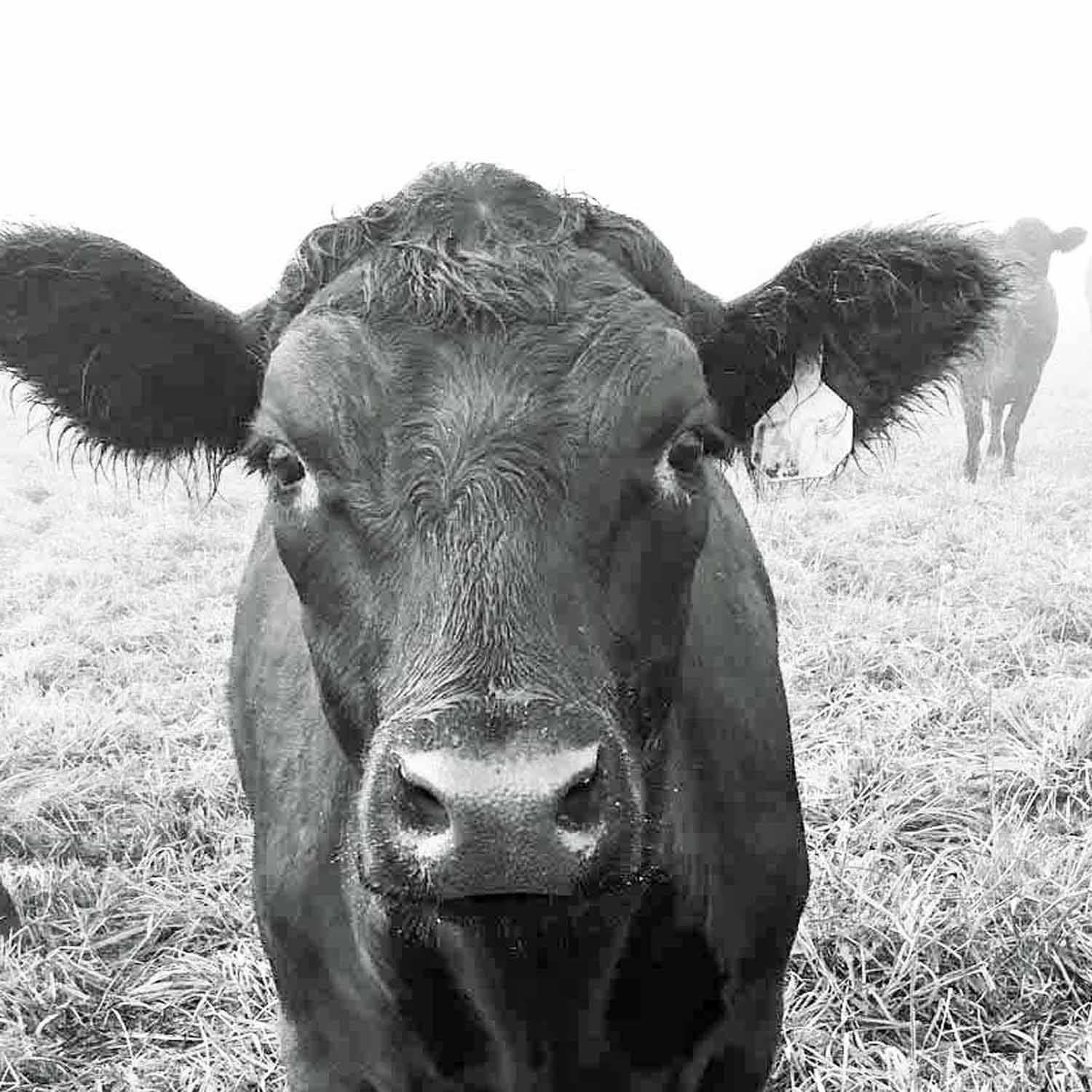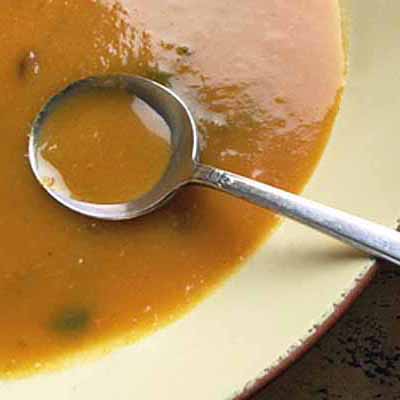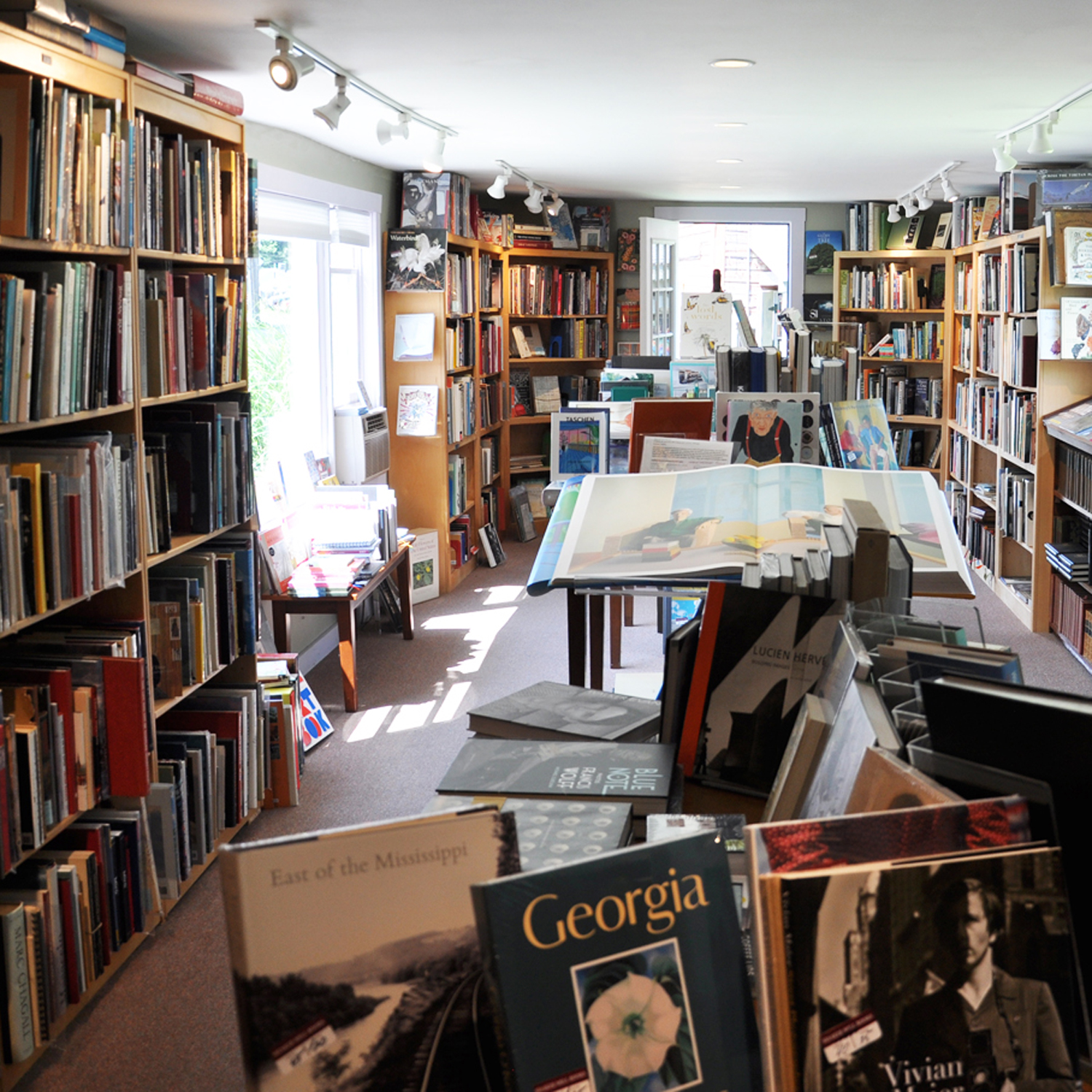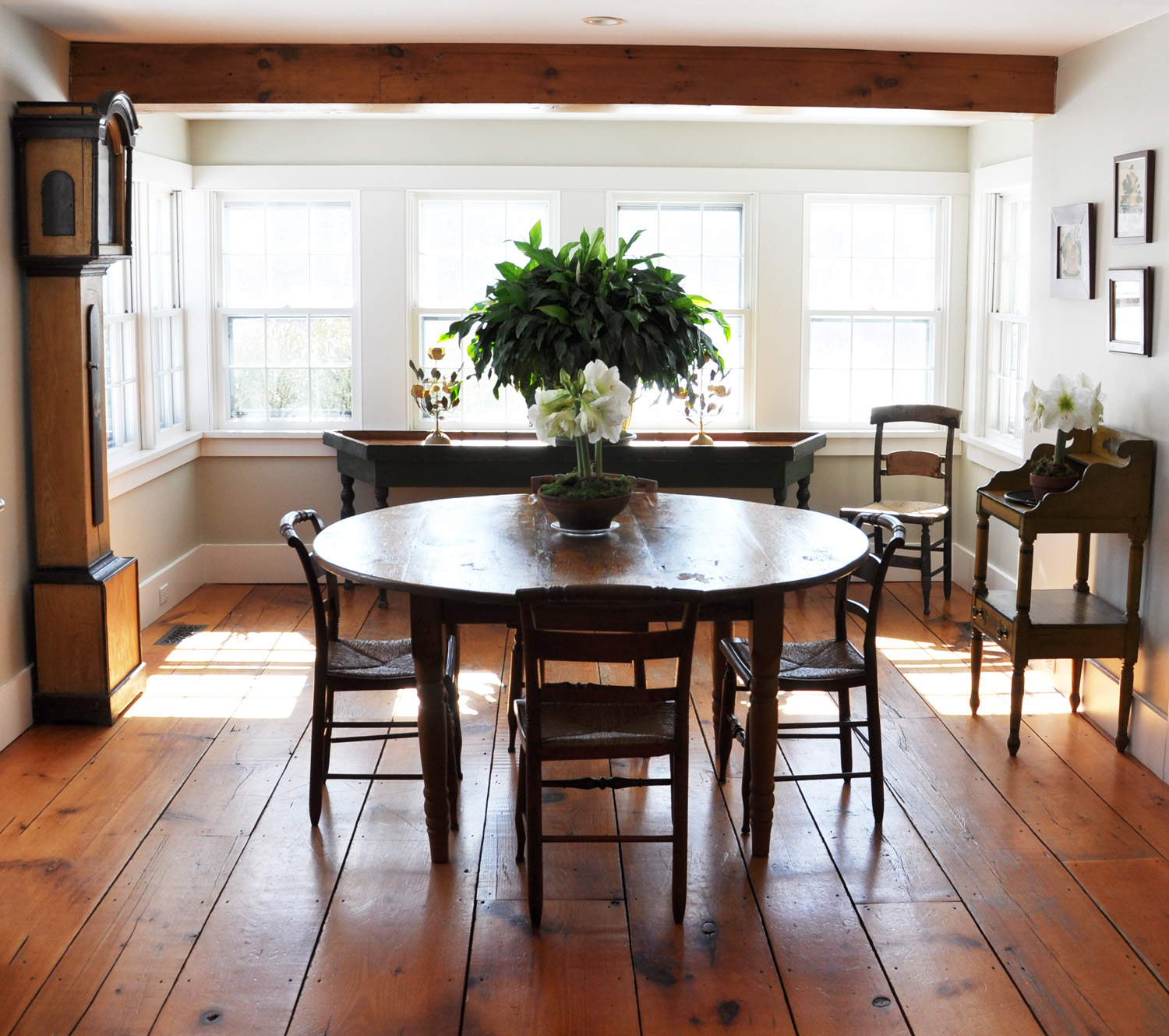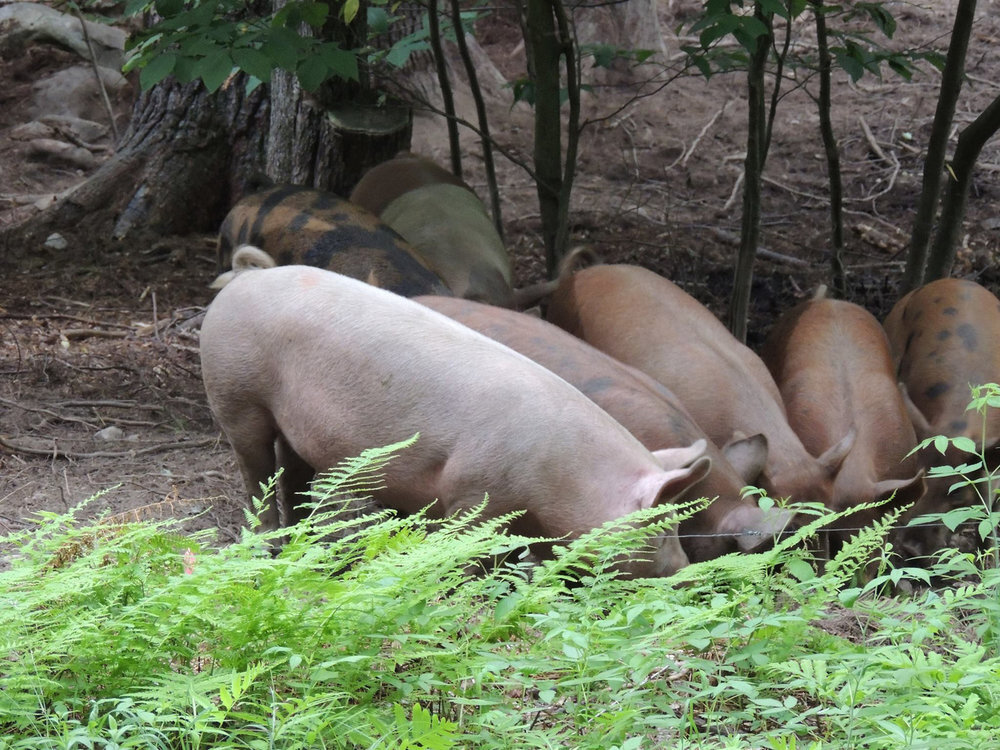THE FARM AT MILLER'S CROSSING
Katie Smith and Chris Cashen own and operate The Farm at Miller’s Crossing in Hudson, NY.
INTERVIEW:"When you become a farmer, there’s not a blueprint for what you should do. For every farm, there’s a new way of doing things, there are new markets to sell to, there are new specialties that you can do. We’ve been doing this now for about 15 years, and we’re still evolving from year to year about: ‘How much we grow of a particular crop?’ … ‘Who (do) we sell it to?’ … ‘Is it profitable to do it that way?’ … ‘Are we making a living?’ … ‘Are we paying our costs?’"
CHRIS: "And so, we’ve become very diverse. We were actually more diverse when we started, and as we got larger we realized we were too diverse, because we were trying to do too many little things. So for us the hardest thing has been ‘How big are we going to be?’ … ‘How much land do we want to grow?’ … ‘Do we want to have animals, do we not want to have animals?’ Because, sometimes economy of scale is everything."
CHRIS: "There are 3 months out of the season, June, July and getting into August, where everything is new- new potatoes and fresh green beans. You’ve got to catch peoples’ attention and be exciting, so at the farmers’ market every week we’re like ‘What can we surprise them with this week?’ and put a sign out, right out front, so people say ‘You guys always have this interesting stuff that we want to try.’ Every week we have salad greens, and you’ve got to have things people want every week and come back and buy. But while they’re there, ‘Ohhh, a strawberry … how did you get that strawberry?’ And we explain to them we have a variety that grows in the summer."
KATIE: "The CSAs in the city – we have really enjoyed it, we just feel like it’s definitely the right direction for us. We go down to Long Island City and Flatbush in Brooklyn, and then we send down to Fort Greene, which is also in Brooklyn. Those are our CSA sites, and they’re all kind of similar in size. And we’re also doing this Foodlink program. It’s a partnership with Just Food, United Way and the New York Coalition Against Hunger, to get local, organic food into food pantries in the city. We deliver 900 pounds of produce per week to this one site, and then 5 food pantries come and it’s all split up amongst them. It’s 3 different food groups – a leafy green, a root vegetable and then something seasonal. So, we split 300 pounds of each of those things."
KATIE: "Chris’ strengths and my strengths … you know he’s great at managing people. He does a good job at helping to empower them, to feel good about what they’re doing. I really like the economics, to make sure that we’re putting enough money aside and that we’re paying people at a certain time and keeping that all organized and having schedules and the harvest. He’s doing a lot of the harvest lists and looking at the farmers markets. I spend more time at the farmers markets and the CSA and organizing that. I enjoy doing the newsletters.
The community aspect is actually the thing I reflect on probably the most, because I’m so amazed at how, because of what we do for a living, we are so integrated into the community. Because of the farmers markets and the CSA, when I go anywhere, whether it’s to dinner or some sort of public event, we just know so many people. We know a broad range, from other farmers or people that are on the fringe of the agricultural community, as well as the weekenders, who are very regular customers, as well as the local people who moved up here because of, maybe, Hawthorne Valley or the Berkshires, or different community things that are organic. I just feel so fortunate in that way, I’m able to feel so strongly a part of the community."
CHRIS: "So, the end of June, beginning of July you pull out this beautiful, fresh, red potato, and everyone’s excited about it. Well after about 3 or 4 weeks of selling potatoes, everyone’s got them in their garden and it’s just like passé. The new red kind of falls by the wayside, then you’ve got to have that yellow, that big yellow that everybody wants. And then that big yellow, everybody’s had that two or three meals, and then they’re ready for the next one, so then you get the fingerling. “Ohhh, we’ve got to have the French Fingerling!’ … ‘We’ve got to have the Russian Banana Fingerling!’ And then it’s getting cold out and people are thinking about cooking more, and ‘We’ve got to have that big Russet, it’s big.’ And so, for us, it’s like, you want it to be special every time."
CHRIS: "I don’t know if this is recent or not, but people have become very appreciative of food. At least the crowd that we sell to, whether it’s a food coop or farmers market customers, the awareness level has been raised, I think. So, people are really excited about what you’re doing and there are a lot of romantic ideas of what farming is, and it is those things. But, when you’re in the trenches every day, you forget about that, and so sometimes you’ve got to stop feeling overwhelmed, stop feeling this clock ticking in your mind and say, ‘This is great, I’m my own boss, I’m outside, it’s beautiful.’ Turn the tractor off and just sit for a second and watch everything and listen. And, you kind of get lulled into this and then all of a sudden you see that’s got to get done, and then that, and then all of a sudden before you know it, it’s 8 o’clock at night, the sun’s going down, and you’ve just been working for 15 hours. But it feels like if the sun hadn’t gone down, you would have kept on going. So, it’s so intense, we work 70-80 hours a week and that’s par for the course."
KATIE: "The food is really important to me and the fact that we can raise all these different types of food. And, sometimes I think Chris has felt like I drive things, and he gets excited too. We get a combine, and it’s so exciting to grow wheat and oats and rye and have these things to make into bread or to use, as well as for cover cropping. And then we got into beef and we just love raising our own meat. And, the vegetables, that was always the case, enjoying different foods and being able to process them and eat them all year round. So, I think the food aspect of this is definitely something. I always think, ‘Oh, maybe someday the kids will want a small dairy herd and we can do cheese, too!’ And Chris will be like ‘No!’ I’m like, ‘Ohhh … we could put a lovely cave into that hillside!’ And you know I go down those roads fairly easily and quickly. So, I do get excited about those things, and there are so many possibilities with agriculture, it’s kind of exciting."
